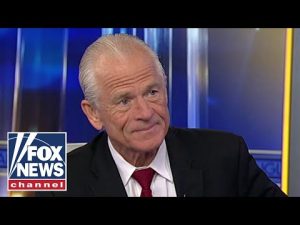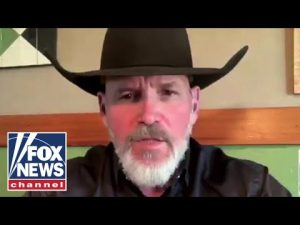In today’s political landscape, it’s no surprise that there are often two sides to every story. Take the case of the recently deported Maryland man, who, according to some media outlets, is being painted as merely an innocent father. Meanwhile, others warn he is an infamous leader with ties to the notorious MS-13 gang. This situation highlights the distinct narratives swirling around, particularly where immigration issues are concerned.
One might wonder how such drastically different versions of the story can coexist. On the one hand, certain parts of the media are portraying this individual as a victim of an unfortunate administrative error, a hapless Maryland resident taken from his family. On the other hand, there are reports indicating that this individual might be involved in serious criminal activities, including gang leadership and human trafficking. It seems the truth is becoming more elusive than ever when so many are committed to rewriting reality to suit their political agendas.
The crux of the issue lies with the judicial versus the executive powers debate. The courts have, at times, ruled in odd and surprising ways regarding immigration policies, leaving the executive branch grappling with how to handle such judgements. Critics argue that judicial overreach complicates matters and hinders effective decision-making. It is noted that deporting individuals with murky backgrounds is under the purview of the government, not the courts—who are expected to follow and interpret the law rather than dictate executive actions.
It’s interesting to note how quickly the media can jump to defend certain individuals while neglecting to consider the safety and concerns of the nation’s citizens. When the focus is on portraying a certain narrative, the consequences to real people are often overlooked. What about the American families affected by gang-related violence—aren’t their stories worth telling? Yet these stories rarely see the light of day in outlets more interested in championing criminals over victims.
Then there’s the fight over nationwide injunctions and judicial authority. In response to a recent legal block against the Trump administration’s actions, some politicians assert that such injunctions represent an abuse of power. While media darlings claim it’s all about upholding constitutional rights, those on the other side argue these rulings are little more than a roadblock to enforcing laws that protect American citizens. It’s a contentious debate that underscores just how divided the nation remains on immigration policy and judicial overstep, and it’s one that’s not likely to be resolved any time soon.







